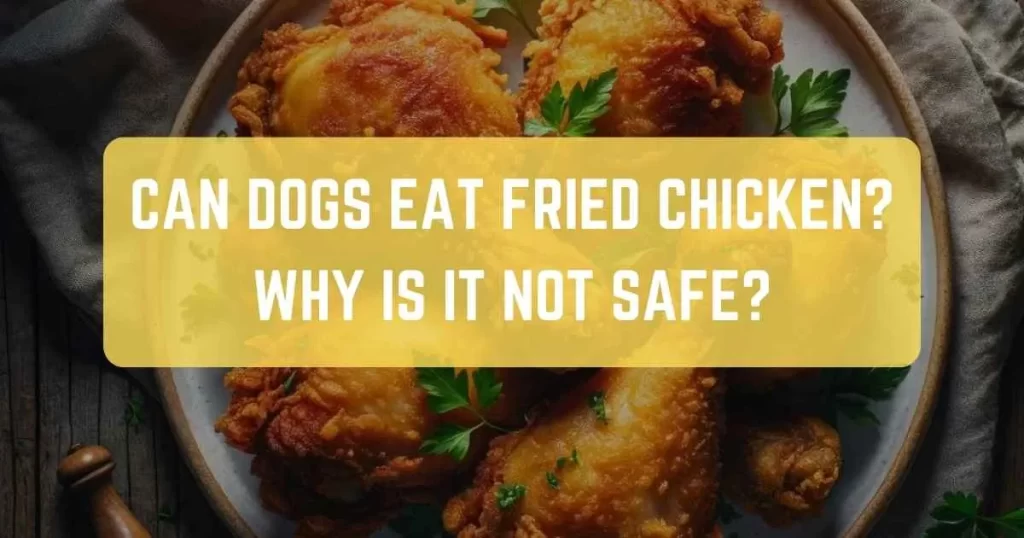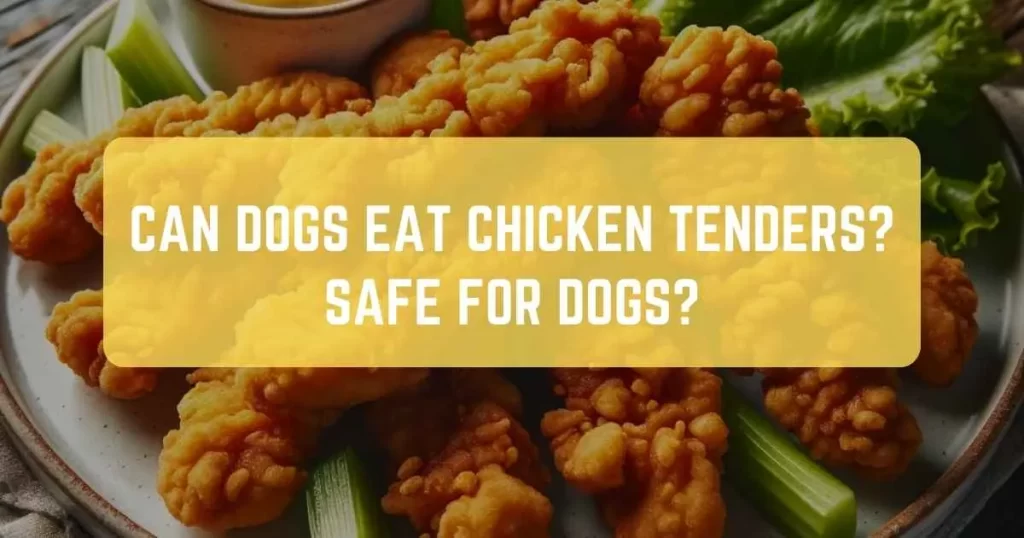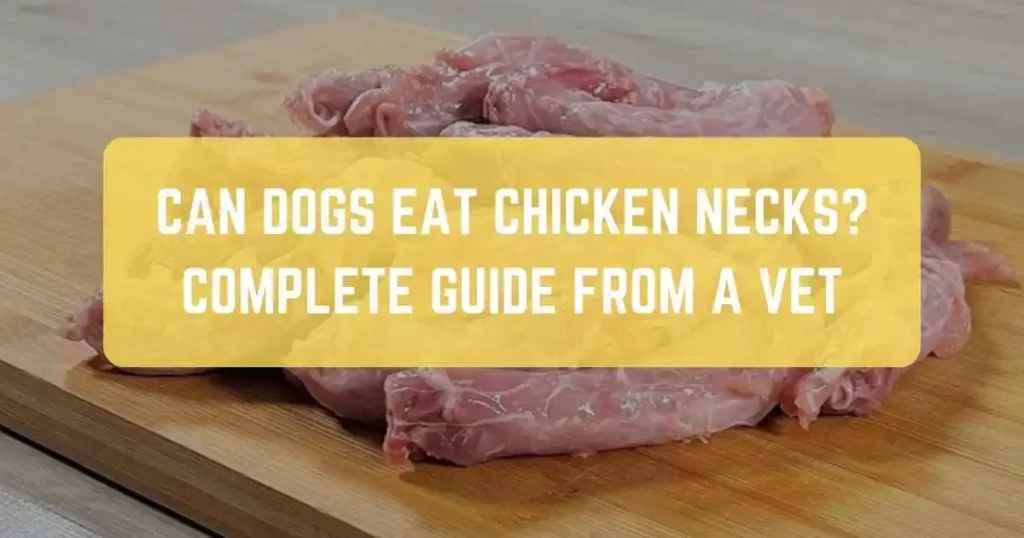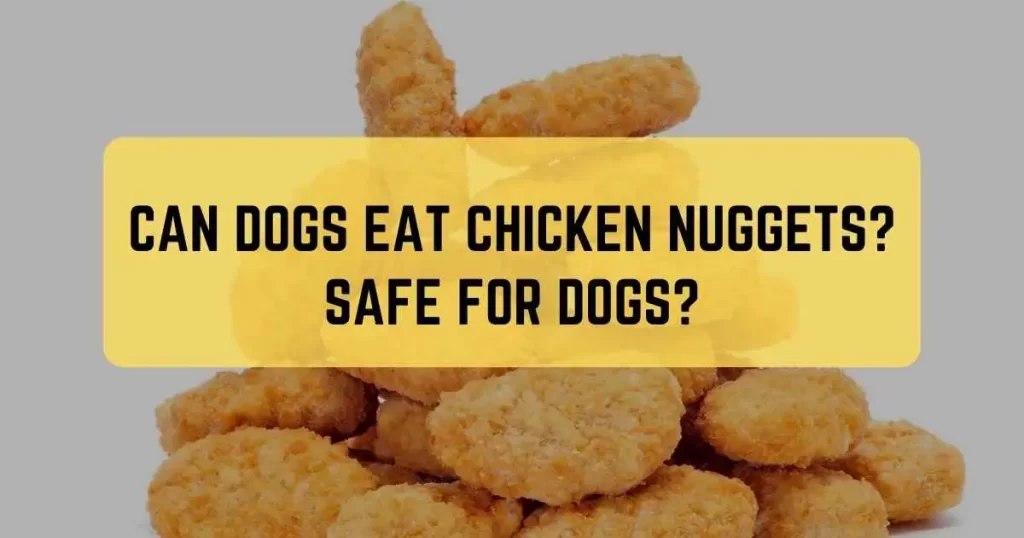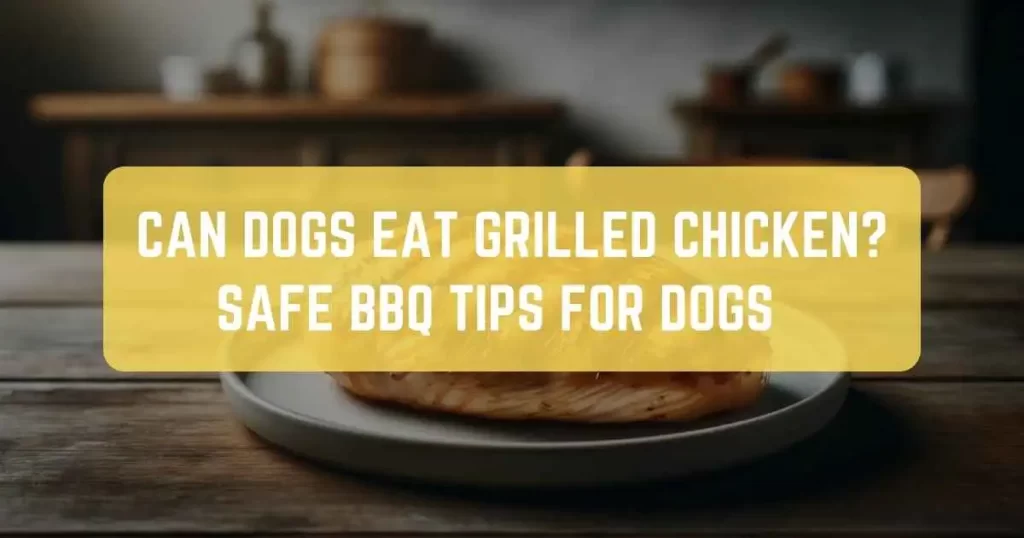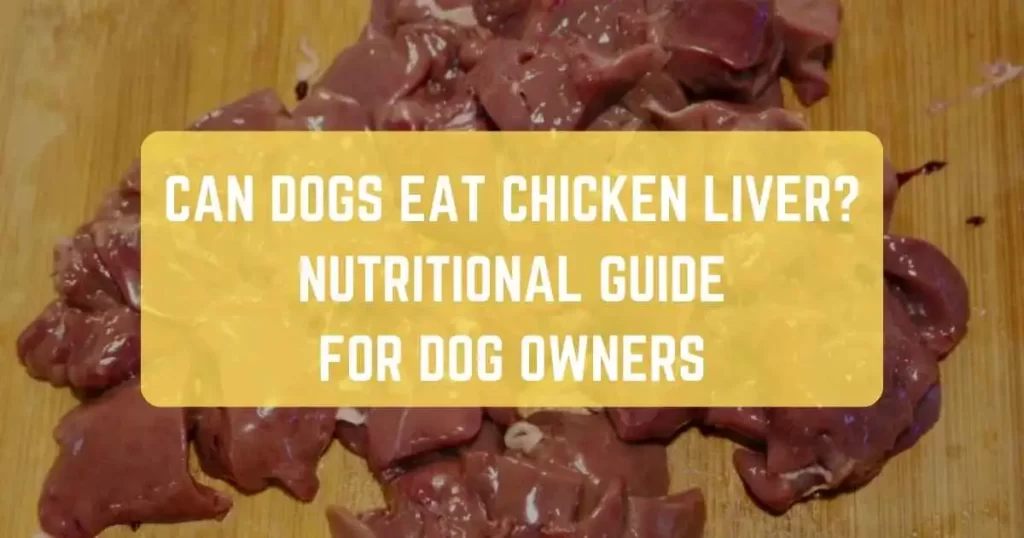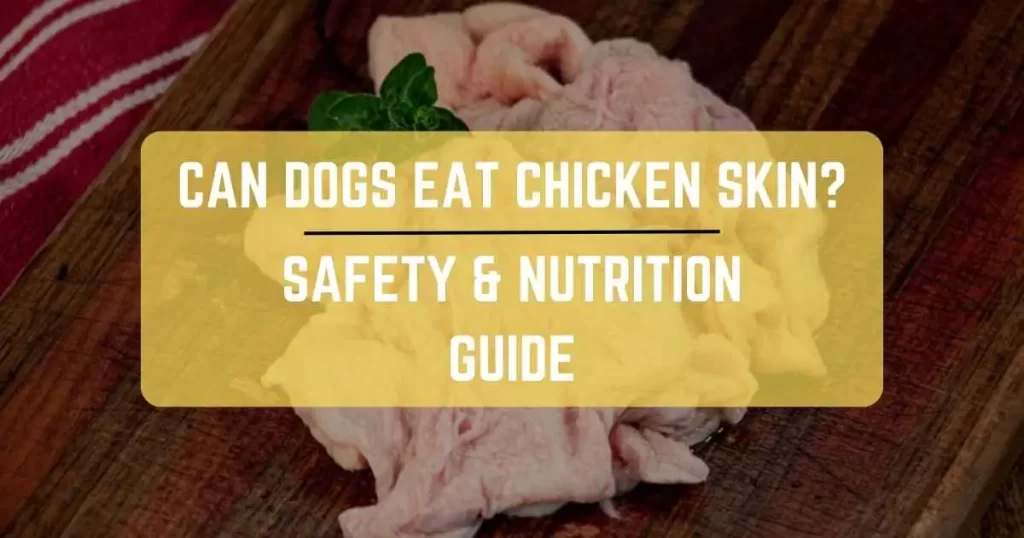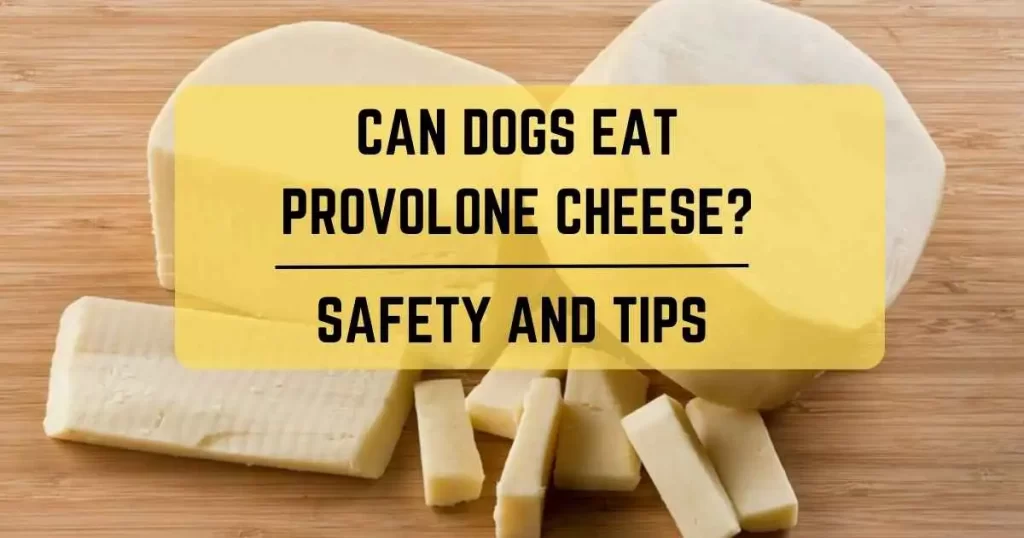
Is your furry companion giving you those irresistible puppy eyes while you’re enjoying a tasty slice of provolone cheese? While it’s tempting to share a bite, pause and ponder – because what seems like a simple snack can have consequences your dog may not appreciate.
In this comprehensive guide, we’ll navigate the delicious yet potentially treacherous world of feeding your dog provolone cheese. We’ll uncover the benefits, unveil the risks, and provide you with the essential insights to ensure your dog’s health and happiness.
So, let’s embark on this culinary journey, making informed choices that will keep tails wagging and stomach content.
Can Dogs Eat Provolone Cheese?
Yes, dogs can eat provolone cheese, but it should be in moderation. Provolone cheese can be a tasty occasional treat for dogs, but its high fat and lactose content means it’s not suitable for regular consumption. Be mindful of portion size and monitor your dog for any adverse reactions like gastrointestinal upset.
Benefits of Provolone Cheese for Dogs
Provolone cheese, like many dairy products, can offer some nutritional benefits to dogs when consumed in moderation. Here are some of the potential advantages of including provolone cheese in your dog’s diet:
- Protein Source: Provolone cheese contains protein, which is essential for your dog’s overall health, helping with muscle development and repair.
- Calcium: Dairy products, including provolone cheese, are a good source of calcium, contributing to strong bones and teeth in dogs.
- Healthy Fats: While moderation is key, the fats in provolone cheese can provide essential fatty acids that support your dog’s healthy skin and hair.
- Low Carbohydrate: Provolone cheese is a low-carbohydrate cheese, making it a suitable option for dogs with diabetes or those who need to lose weight.
- Taste and Variety: Adding a small amount of provolone cheese to your dog’s diet can be a tasty treat that adds variety to their meals.
Potential Risks of Provolone Cheese for Dogs
While provolone cheese does have some nutritional benefits, it’s crucial to be aware of the potential risks associated with feeding it to dogs, especially those who are lactose intolerant. Here are some risks and considerations:
- Lactose Content: Like many dairy products, provolone cheese contains lactose, which can be difficult for dogs to digest, leading to gastrointestinal issues such as diarrhea and upset stomach.
- Lactose Intolerance: Many dogs are lactose intolerant, meaning they lack the necessary enzymes to break down lactose, making dairy products a poor choice for them.
- Pancreatitis: High fat content in provolone cheese can contribute to pancreatitis, a painful and potentially life-threatening condition in dogs.
- Weight Gain: Provolone cheese is calorie-dense and high in saturated fats, which can contribute to weight gain if given excessively.
- Sodium: Some cheeses, including provolone, can be high in sodium, which can lead to health issues in dogs, particularly those with hypertension or heart problems.
How Often Can You Feed Your Dogs Provolone?
If you decide to give your dog provolone cheese, it should be in moderation and as an occasional treat rather than a regular part of their diet. Here are some guidelines to follow:
- Occasional Treat: Provolone cheese should only be offered as an occasional treat, not as a daily snack. This helps minimize the risks associated with its high fat and lactose content.
- Small Portions: When sharing provolone cheese with your dog, limit the serving size to a small piece or a tiny cube. This prevents overindulgence and reduces the likelihood of gastrointestinal distress.
- Monitor for Reactions: Keep a close eye on your dog after they’ve had provolone cheese. If you notice any signs of digestive upset, such as diarrhea or vomiting, discontinue feeding it to them.
How to Prepare Provolone Cheese for Your Dog?
If you’ve decided to treat your furry friend to a small slice of provolone cheese, it’s essential to prepare it in a way that ensures both safety and enjoyment for your dog. Here’s how to do it:
- Choose the Right Type of Cheese: Opt for regular provolone cheese, as flavored or seasoned varieties may contain ingredients that are harmful to dogs. Make sure it’s a high-quality, plain provolone cheese without added spices or herbs.
- Portion Control: Slice a very small piece of provolone cheese, no larger than the tip of your thumb. This ensures that your dog receives a taste without overindulging, as too much provolone cheese can be bad for dogs.
- Cut into Bite-Sized Portions: After slicing, cut the small piece into even smaller, bite-sized portions. This not only makes it easier for your dog to eat but also helps with portion control.
- Remove Any Wrappers: Ensure that there are no plastic or paper wrappers around the cheese. Dogs should only consume the cheese itself, as wrappers can be toxic for dogs.
Alternatives to Provolone Cheese for Dogs
If you’re looking for safer and healthier alternatives to provolone cheese for your dog, there are plenty of options that can be both delicious and nutritious:
- Cottage Cheese: Low-fat cottage cheese is a better cheese option for dogs due to its lower lactose content. It’s a good source of protein and calcium.
- Hard Cheese: Hard cheeses like cheddar or mozzarella have lower lactose levels compared to soft cheeses like provolone. They can be given in small quantities as an occasional treat.
- String Cheese: String cheese is a convenient option for portion control. Just ensure you offer it sparingly due to its fat content.
- Lactose-Free Provolone: If you’re set on sharing provolone with your dog, consider a lactose-free version to reduce the risk of digestive issues.
- Fresh Fruits and Vegetables: Many dogs enjoy fruits and vegetables as treats. Options like apple slices, carrots, or blueberries can be a healthy and low-calorie alternative to cheese.
- Commercial Dog Treats: There are numerous dog treats on the market specifically formulated for canine health. These treats are designed to be safe and nutritious for your furry friend.
Final Thoughts
In conclusion, while provolone cheese can be a tempting treat for dogs due to its rich flavors, its potential risks should not be underestimated.
It’s crucial for pet owners to exercise caution and avoid giving provolone cheese as a regular part of their dog’s diet. Instead, opt for safer alternatives such as low-lactose cheeses, fruits, vegetables, or commercial dog treats to ensure the well-being of your furry friend.
Remember that a balanced and tailored diet is key to your dog’s overall health and happiness. Prioritizing their specific dietary needs and sensitivities will go a long way in providing them with a healthy and enjoyable life.

